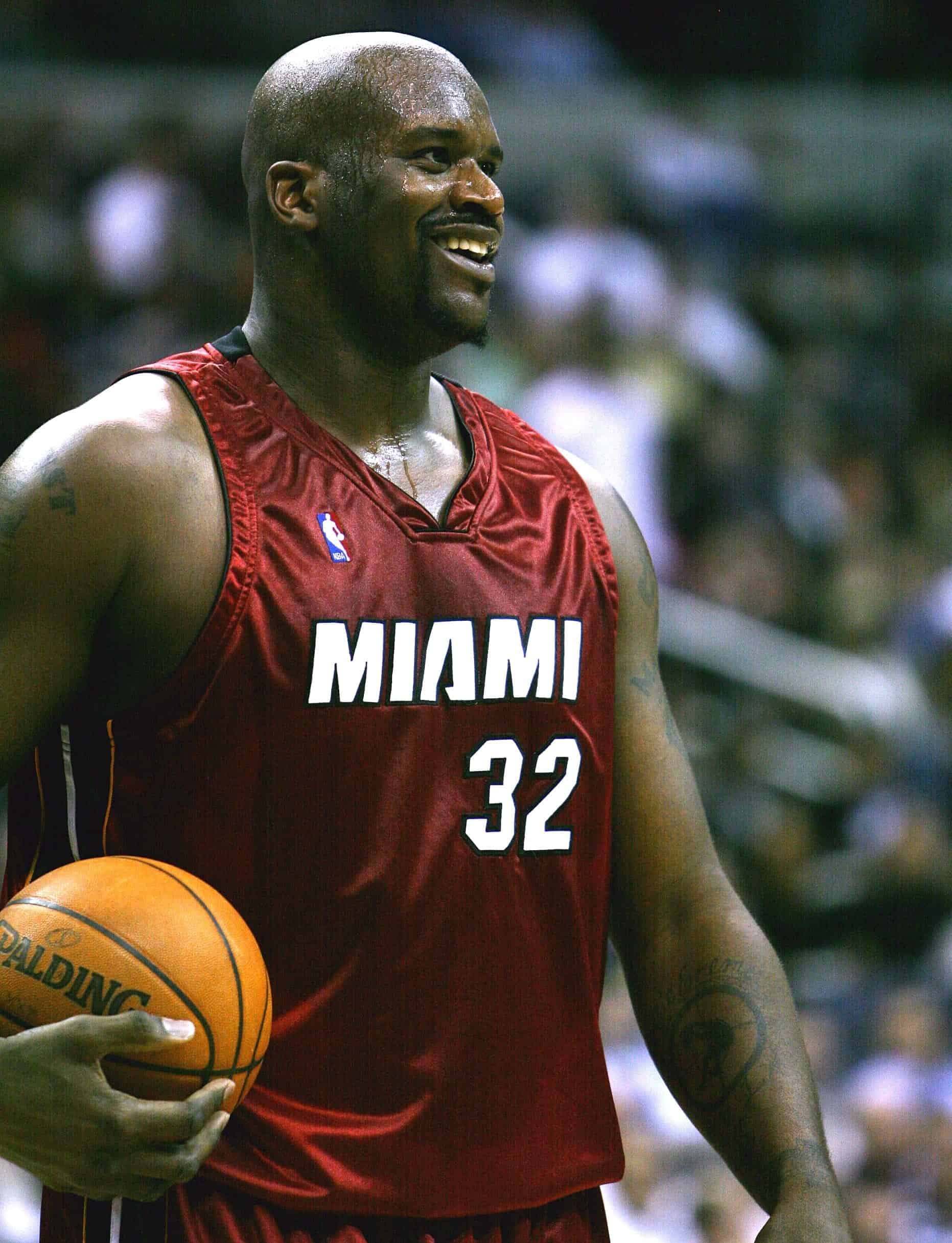Who will win the T.O mayoral election?

Chow may have blown her chance at winning.
Well, the show’s over folks. Or at least, it seems to be in Toronto. Rob Ford, the Train Wreck Shaped like a Man, has finally left the Toronto mayoral race. The Ford banner will still fly; Brother Doug has taken Rob’s place in the race. But polls suggest that whatever Ford will be on the final ballot will fall to John Tory, who is appropriately named for a centre-right politician. This might be cause for cheers, as almost anyone would be an improvement over Ford. However, I am more concerned about the fate of the other serious contender, Olivia Chow. At the start of her campaign, polls had her, not Tory, in the lead to be Toronto’s mayor. Yet, depending on which polls one consults, she now runs neck and neck with Rob/Doug Ford for second place! As much as she could turn out to be an ineffective mayor, I have no doubt that she’d be leagues better than the Fords. How then can her decline be explained? I feel that Chow miscalculated the degree to which Toronto saw her as the anti-Ford.
Chow made a big mistake in assuming that it was a done deal when she entered the race. As I predicted in an earlier article, she did indeed emphasize her fiscal credentials and her immigrant roots. However, she did not seem to react well to challenges to her lead. Asked in a Toronto Star interview what distinguished her from David Miller, a former mayor with left-wing credentials, she replied, “I’m not white. I’m not male. Want to start there?” What does this have to do with running a city? Worse, her chief strategist Warren Kinsella had a public meltdown on Twitter after accusing Tory’s transit plan of being ‘segregationist’. Before that, he was already in hot water for interviewing Chow on Sun News without revealing he was on her campaign. In my opinion, this negative news seemed to have portrayed Chow as a left-wing version of Ford, too extreme and divisive. Tory, by contrast, managed to retain his image as a pragmatic centrist who could unite people. Given that Tory employs Nick Kouvalis, the man who helped Ford win in 2010, it is safe to say that attacking challengers to the left of the political spectrum would be easy for Tory’s campaign.
However, Chow’s failure can also be attributed to her inability to read people on key issues. A good example of her tone-deafness is how she handled the ongoing Scarborough subway debate. On fiscal grounds, Chow supported the construction of an already-planned light-rail transit (LRT) project, rather than a subway extension, because it would have served more people at less cost. Initially, both reports and polls seemed to back up Chow’s position. Yet, later on, her support in Scarborough plummeted from 31 per cent to 19 per cent. I suspect that Chow ignored the true reasons why the Scarborough subway mobilized Ford supporters; to them, a subway was a status symbol. If downtown Toronto had them, Scarborough wanted them too. This, of course, is a bad foundation for any transit policy. Yet to date, it seems that no one was able to overcome such feelings of alienation. To make matters worse, the recently re-elected Ontario Liberal government promised to fund a subway extension in Scarborough. This placed Chow in a difficult position. While her plan was still realistic, the counter-arguments for a subway grew stronger as a result. Currently, Tory’s SmartTrack transit plan calls for such an extension. I feel Chow could have successfully overcome renewed difficulties to pushing the Scarborough LRT if she could have shown that either Scarborough’s alienation did not stem from lack of subways or that the light rail option was not a sign of inferiority. As it stands, it seems that the constant debates over transit just led Scarborough residents to get fed up and demand that the most politically feasible option, in this case the subway, be built now.
Ultimately, Olivia Chow’s fate can be attributed to a false perception that she would prove to be as radical as Ford would be, just from a different side of the spectrum. Her recent strategy of trying to swing to the left in order to distinguish herself from Tory would probably exacerbate this. Part of this is a result of bad press. Yet the main reason for Olivia Chow’s downfall is that she remained too complacent. It now seems likely to me that she will be trampled by the anti-Ford wave she depended on.










A very well-reasoned piece. I agree with the addition that the more people heard her the LESS the liked her and her platform. Perhaps she was never what the left in the City thought her to be — the best candidate they could find.